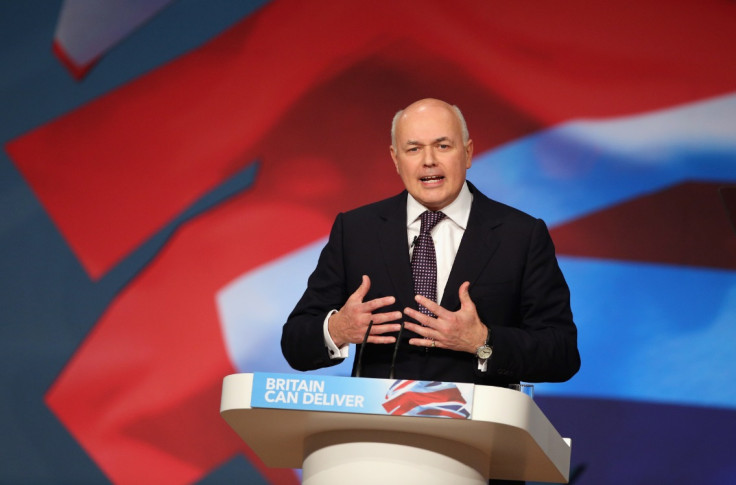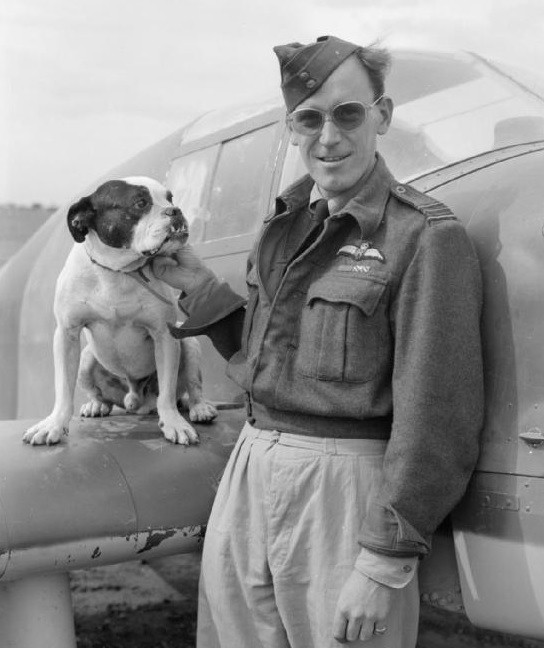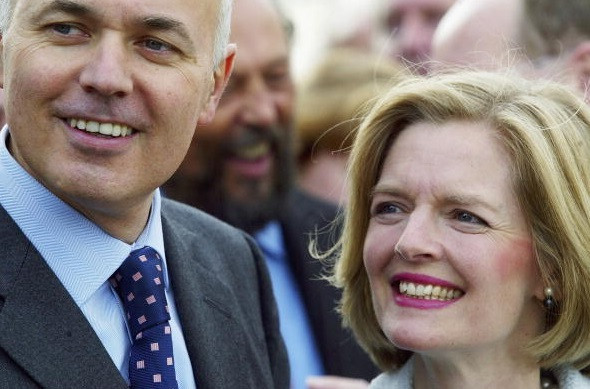Iain Duncan Smith biography: The 'quiet man' giving David Cameron a loud headache

Iain Duncan Smith's dramatic resignation as Work and Pensions Secretary has caused chaos for David Cameron and George Osborne. The move has forced the prime minister to defend the chancellor's 2016 Budget as Tory backbenchers plot to vote against some of his most controversial economic proposals.
The crisis comes with just months before the May elections and ahead of the EU referendum on 23 June, where Cameron is fighting against Duncan Smith and Boris Johnson to stop the UK breaking away from Brussels. Duncan Smith's decision to quit adds another twist to the political career of the "quiet man".
The first thing you need to know about the former Work and Pensions Secretary is that he's actually not called Iain. He's called George, George Iain Duncan Smith. The son of RAF Second World War ace Wilfrid George Gerald Duncan Smith, the Tory big beast was born in Edinburgh.
From 14, Duncan Smith attended HMS Conway, a free-paying all-boys boarding school for navy hopefuls, where he played rugby union alongside World Cup winner and former England rugby union coach Sir Clive Woodward.
Duncan Smith's athleticism extended beyond rucks and mauls, as he established himself as a champion triple jumper and a strong javelin thrower during his school years.

He later went to the Army's world famous officer training centre, Sandhurst, and was then commissioned into the Scots Guards, where he spent six years.
His profile on the Conservative Party website, and Who's Who? entry, previously claimed he attended the Universita di Perugia in Italy.
But Duncan Smith's office admitted to the BBC he actually went to the Universita per Stranieri (University for Foreigners), also in the central Italian city of Perugia, where he took a language course.
Duncan Smith left the Army, where he had served in Northern Ireland and South Africa, for the now defunct GEC-Marconi.
The move, against his father's wishes, meant he missed the Falklands War by a year, according to The Daily Telegraph.
In the same year (1982) the conflict between Britain and Argentina erupted, Duncan Smith married Elizabeth or Betsy Fremantle, the daughter of fifth Baron Cottesloe, and the couple now have four children.
On the green benches
Duncan Smith was to enter parliament after the 1992 general election as MP for the Chingford and Woodford Green seat after unsuccessfully running for the Labour held Bradford West constituency in 1987.
The move meant Duncan Smith succeed Norman Tebbit, one of Margret Thatcher's closest allies, as the representative for the Greater London seat and he now holds a majority of more than 8,000 votes.
Duncan Smith initially carved out a Eurosceptic, socially conservative, record on the green benches. He was one of the Maastricht Rebels, who defied the then Conservative Prime Minister John Major over the controversial EU Treaty.
With the Conservatives' devastating defeat to Tony Blair's New Labour at the 1997 general election, William Hague succeeded Major and promoted Duncan Smith to shadow social security secretary.
The former military man rose further in the Tory Party ranks in 1999, when Hague made Duncan Smith his shadow defence secretary.
Top Tory

Another embarrassing loss to New Labour at the 2001 general election led to Hague's resignation.
But, with the support of the Conservative right, Duncan Smith was elected the party's first Catholic leader, defeating the more experienced former chancellor Ken Clarke.
With Duncan Smith pitted against the charismatic and PR-savvy Blair, his leadership hit turbulence.
He would infamously refer to himself as the "quiet man" during the 2003 Conservative Party Conference.
"Get on board or get out of our way," he urged his critics. But the warning fell on deaf ears – his own MPs stabbed Duncan Smith in the front with a vote of no confidence in the same year, triggering an immediate resignation. Michael Howard, a former home secretary, took over the top Tory job.
Return from the wilderness
Cast to the backbenches, Duncan Smith co-founded the Centre for Social Justice think tank in 2004. Tackling inequality, poverty and welfare reform in the UK were at the top Duncan Smith's agenda.
He was saved from the political wilderness in 2010 when David Cameron's Conservatives formed a coalition government with the Liberal Democrats.
Cameron made Duncan Smith his Work and Pensions Secretary, where he would unveil a raft of reforms, including the Universal Credit and the Work Programme.
The schemes were not without controversy and Universal Credit, which was designed to simplify social security payments, hit a number of setbacks.
With a surprise majority secured at the general election, Cameron and the Conservatives could now deliver a referendum on the UK's membership of the EU.
The prime minister kept Duncan Smith at the Department for Work and Pensions, but the cabinet minister later declared for "leave" ahead of the 23 June ballot.
Just days after George Osborne's 2016 Budget, and following discontent from inside and outside the Tory Party over disability benefit reform, Duncan Smith dramatically quit, claiming the government had lost its way on welfare reform.
© Copyright IBTimes 2025. All rights reserved.






















